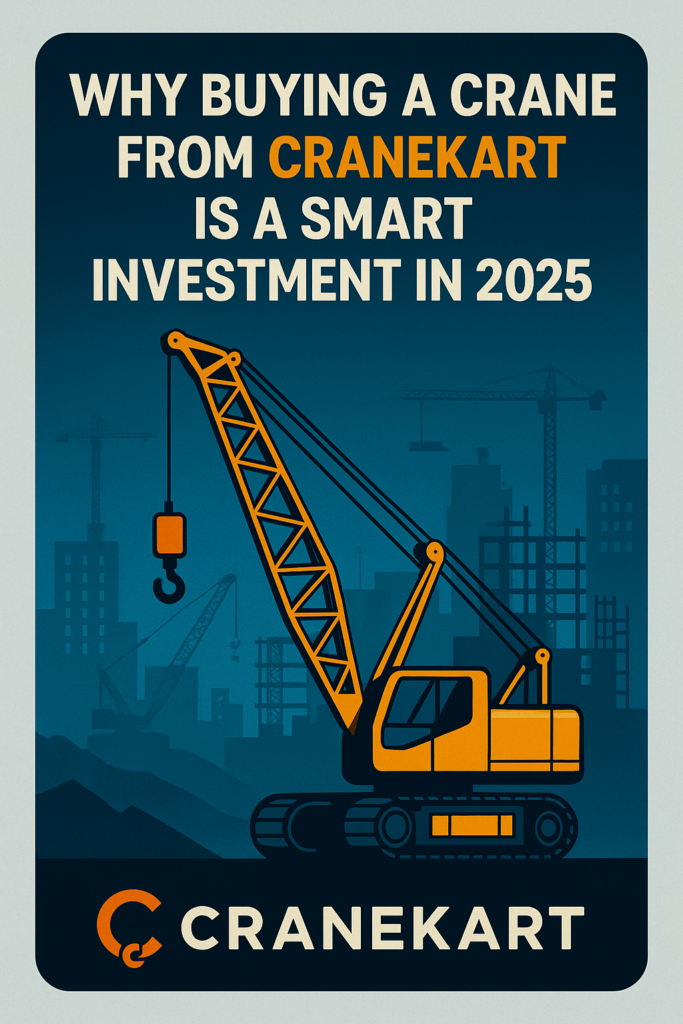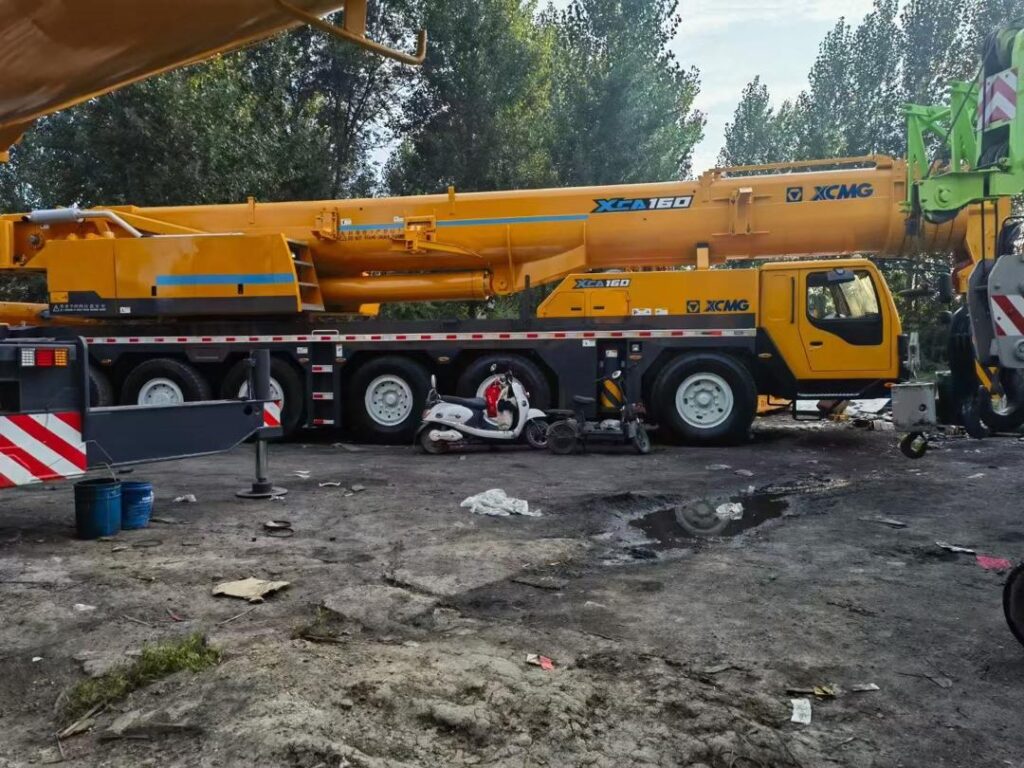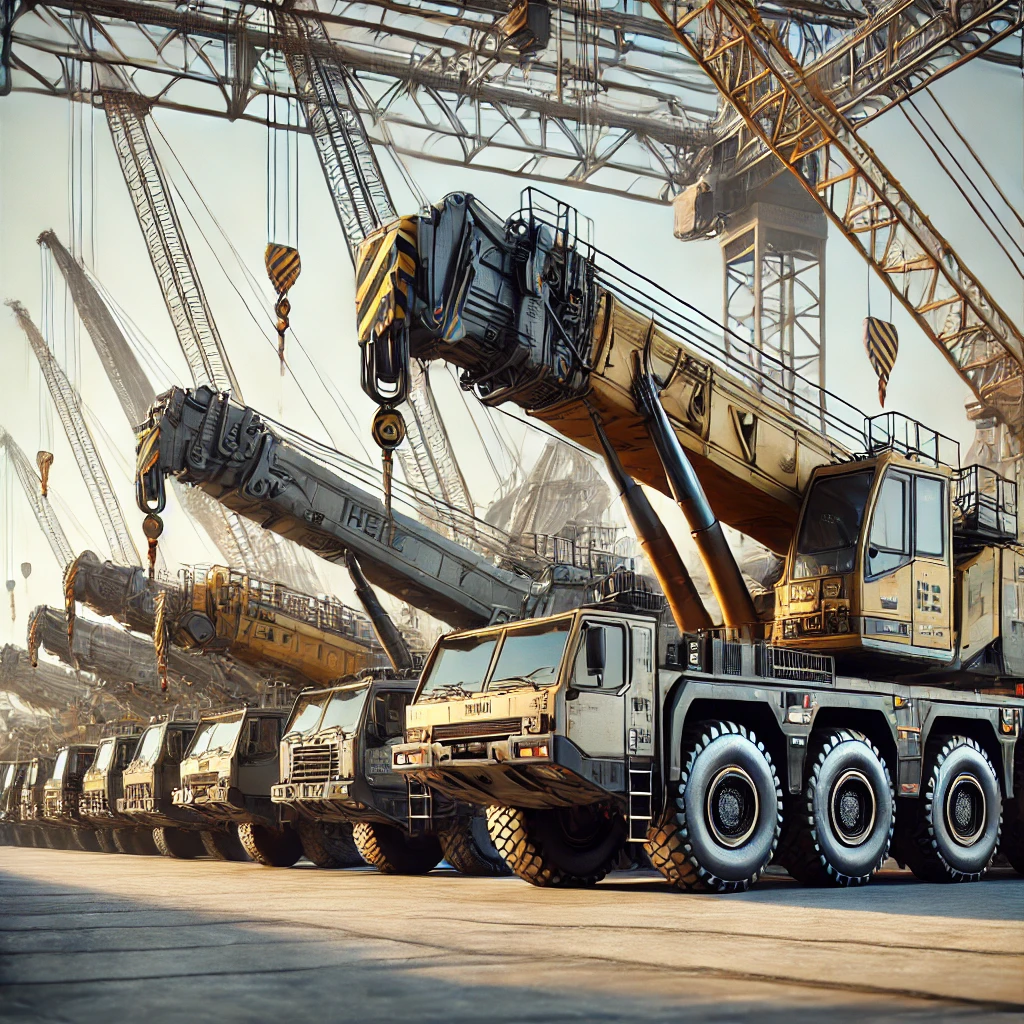The Ultimate Guide to Crane Safety: Ensuring Efficiency and Risk Prevention

Introduction
Crane safety is a critical factor in construction, manufacturing, and industrial operations. Accidents caused by improper handling, mechanical failures, or environmental factors can lead to serious injuries, project delays, and financial losses. Understanding crane safety best practices can help businesses minimize risks and improve operational efficiency.
At CraneKart, we prioritize safety and reliability, ensuring that every used crane listed on our platform meets high safety standards. In this guide, we will explore essential crane safety measures, risk prevention strategies, and how CraneKart provides high-quality, inspected used cranes for safe operations.
Why Crane Safety Matters
Cranes are powerful machines designed to handle heavy loads, but improper use can lead to catastrophic failures. The key reasons why crane safety is essential include:
- Preventing Accidents: Reduces risks of falls, collisions, and equipment failures.
- Ensuring Operator Safety: Protects workers from potential injuries.
- Enhancing Efficiency: Well-maintained and safely operated cranes improve productivity.
- Compliance with Regulations: Follows national and international safety standards.
- Minimizing Financial Losses: Reduces costly project delays and insurance claims.
Common Crane Safety Hazards
1. Overloading
Exceeding the crane’s weight capacity can cause structural damage and increase the risk of tipping over.
✅ Safety Tip: Always check the crane’s load limit and use load monitoring systems.
📌 Did you know? CraneKart provides detailed specifications for each listed crane, including load capacity and safety reports.
2. Poor Ground Conditions
Soft or uneven ground can lead to instability, especially for mobile cranes.
✅ Safety Tip: Conduct ground stability checks before crane operations.
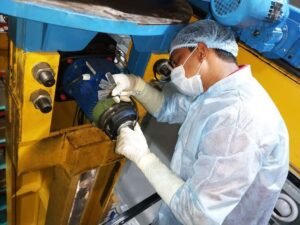
Regular maintenance enhances the efficiency and lifespan of heavy machinery.
3. Electrical Hazards
Cranes operating near power lines risk electrocution and fire hazards.
✅ Safety Tip: Maintain a safe distance from overhead power lines.
4. Weather Conditions
Extreme weather, such as strong winds and heavy rain, can reduce crane efficiency and stability.
✅ Safety Tip: Suspend crane operations during severe weather conditions.
📖 Related Article: How Weather Conditions Affect Crane Performance
Best Practices for Crane Safety
1. Regular Inspections and Maintenance
Routine inspections ensure that all mechanical components are in optimal condition. Cranes should be checked for:
- Structural integrity (booms, cables, hooks)
- Hydraulic and electrical system efficiency
- Load-bearing capacity
🔗 Read More: Why Crane Maintenance is Important
💡 CraneKart Advantage: Our used cranes come with a complete maintenance history and expert evaluations.
2. Operator Training and Certification
Properly trained crane operators significantly reduce the risk of accidents. Training should cover:
- Load management and weight distribution
- Emergency procedures
- Equipment handling under different conditions
📌 CraneKart Insight: We provide consultation services to help businesses find the safest and most efficient cranes for their specific needs.
3. Clear Communication and Signaling
Using standardized hand signals and radio communication improves coordination between crane operators and ground workers.
🎥 Case Study: A Mumbai-based construction company reduced crane-related accidents by 40% after implementing strict operator training and signaling procedures.
How CraneKart Ensures Safe and Reliable Used Cranes
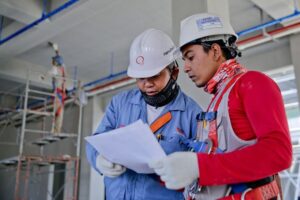
1. Verified and Inspected Cranes
Every crane listed on CraneKart undergoes rigorous inspection and quality checks, ensuring it meets industry safety standards.
🔍 What We Check:
- Structural integrity and wear-and-tear assessment
- Hydraulic, electrical, and mechanical systems
- Previous accident and maintenance history
2. Detailed Safety Reports
Buyers receive a complete history of each crane’s maintenance and safety compliance. This ensures transparency and builds trust in the quality of the equipment.
📜 CraneKart Safety Report Includes:
- Load capacity and performance tests
- Inspection records
- Certification status
3. Expert Consultation
Our team provides guidance on choosing the best crane based on project needs and safety requirements.
🛠 Need help choosing a crane? Contact our experts at CraneKart for tailored recommendations.
Real-Life Success Stories
1. A Safer Alternative for a Growing Construction Firm
A Delhi-based construction company struggled with frequent breakdowns of their rental cranes, leading to delays and increased costs. After switching to a used crane from CraneKart, they experienced: ✅ 30% increase in operational efficiency ✅ Reduced breakdowns and maintenance costs ✅ Enhanced safety due to pre-verified inspections
2. Infrastructure Project Completion on Time
A government infrastructure project in Maharashtra faced delays due to unreliable crane rentals. With CraneKart’s quality-tested used cranes, they managed to: ✅ Finish the project ahead of schedule ✅ Ensure compliance with safety regulations ✅ Save 20% on overall crane rental expenses
Conclusion
Crane safety is essential for preventing accidents and ensuring smooth operations. By following proper safety practices and investing in high-quality, pre-inspected cranes from CraneKart, businesses can maximize efficiency while minimizing risks.
Looking for a safe and reliable used crane? Visit CraneKart today!




